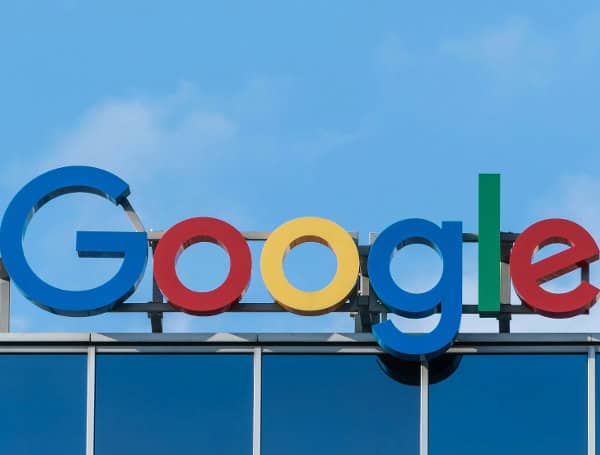In a move that challenges the European Union’s efforts to combat disinformation, Google has declared it will not comply with a new law requiring the integration of fact-checking into its search results and YouTube videos.
Despite the requirements of the EU’s Disinformation Code of Practice, Google has informed the European Commission that it will not incorporate fact-checking results or use them in ranking or removing content.
In a letter obtained by Axios, Google’s Global Affairs President Kent Walker stated that the fact-checking integration mandated by the Code “simply isn’t appropriate or effective for our services.” He argued that Google’s existing content moderation practices are sufficient and pointed to the company’s successful handling of misinformation during recent elections as evidence.
READ: Tech Giants Meta, Amazon, Google, And OpenAI Cozy Up To Trump Admin In Rightward Shift
The Disinformation Code of Practice, which is set to become law soon, would require Google to display fact-check results alongside search results and YouTube videos, and integrate fact-checking into its ranking systems and algorithms.
Walker highlighted a new feature introduced on YouTube last year that allows some users to add contextual notes to videos, similar to X’s Community Notes feature. He believes this approach has “significant potential” for addressing misinformation.
Google maintains that its current content moderation tools, which focus on providing users with more information about search results and utilizing features like SynthID watermarking and AI disclosures on YouTube, are effective in combating disinformation.
READ: Former Google CEO Says Company’s Climate Targets ‘Will Be Swamped’ By Power-Hungry AI
This defiance of the EU law comes amidst a global debate about the role of tech platforms in fact-checking and policing online speech. Meta recently announced it would end its fact-checking efforts on Facebook, Instagram, and Threads, while Elon Musk has significantly reduced content moderation on X.
The European Commission is expected to respond to Google’s refusal to comply with the Disinformation Code of Practice. This sets the stage for a potential clash between the tech giant and EU regulators over the responsibility for combating online misinformation.
Please make a small donation to the Tampa Free Press to help sustain independent journalism. Your contribution enables us to continue delivering high-quality, local, and national news coverage.
Connect with us: Follow the Tampa Free Press on Facebook and Twitter for breaking news and updates.
Sign up: Subscribe to our free newsletter for a curated selection of top stories delivered straight to your inbox.

